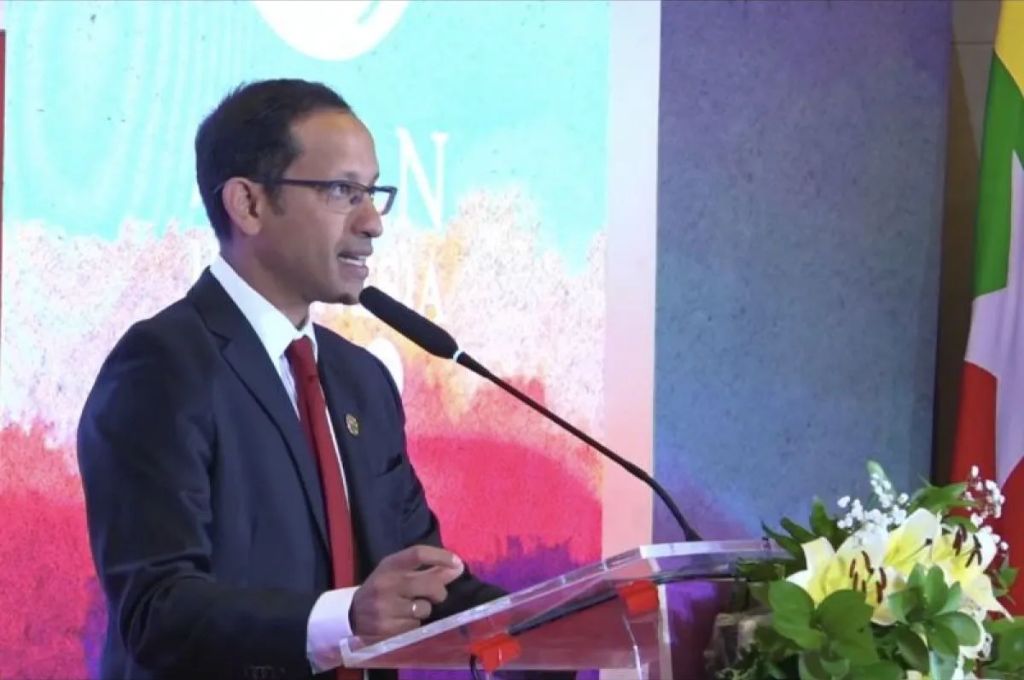Indonesian Minister of Education, Culture, Research, and Technology, Nadiem Anwar Makarim, recently made a compelling appeal to all ASEAN nations, stressing the importance of bolstering their investment in education. His call was primarily aimed at capitalizing on the ‘demographic bonus’ observed in the region.
During the South East Asia Policy Dialogue on Early Childhood Care and Education (SEA PD on ECCE) held in Jakarta on Wednesday, Makarim identified ASEAN’s three crucial assets – regional stability, economic growth, and the demographic bonus. These, he affirmed, are set to play a pivotal role in ASEAN’s ascension to a global growth hub.
Drawing on the responsibility that lies with education ministers across ASEAN, Makarim emphasized the need for collective effort towards improving children’s potential. He highlighted Early Childhood Education (PAUD) as a significant investment, capable of influencing long-term health, welfare, and socio-economic productivity.
Considering the demographic bonus prevalent in ASEAN, Makarim argued that quality early education is a worthy investment for the region’s growth and prosperity. He underscored the urgency of offering superior learning experiences to children from a young age.
For Indonesia, specifically, Makarim attributed the country’s transformation into Southeast Asia’s largest economy to its ‘bottom-up participation’ philosophy and collective action. He lauded these forces as instrumental in the nation’s significant transformation of its education system.
The minister elaborated that the transformation was evident in enhanced learning quality, improved teacher competence, cross-sectoral partnerships, school-family collaboration, digital innovation, and superior financial management.
Makarim further stated that the government’s ‘Independent Learning’ program was a notable initiative in its educational transformation efforts. The program aims to encourage a widespread movement involving teachers, parents, families, and communities for sweeping changes. He concluded by emphasizing the need for an ongoing bottom-up transformation in the education system.
This news is based on an article from antaranews.com.
















